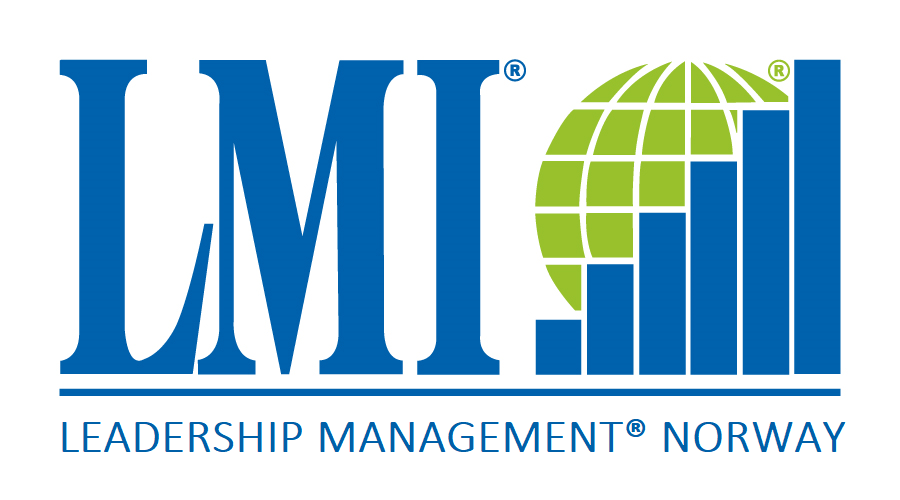Facilitation, Coaching and Mentoring
Every person that takes part in one of LMI’s Programmes is facilitated through our unique process by a fully trained member of the LMI team. The facilitator not only imparts knowledge and feedback but also acts as a coach and mentor to the participant.
LMI is not a coaching and mentoring organization but it forms an integral part of the multi sensory learning process that we use so successfully when taking people through our range of written programmes that include action planning and personal evaluation. The Facilitator acts as the link between the client, the participant and the LMI organization.
So you may ask; why does facilitation, coaching and mentoring add value to our personal development programmes?
WHY FACILITATION, COACHING & MENTORING?
Facilitation, coaching and mentoring is usually needed by organisations for the following reasons:
- Help people set better goals and then reach these goals.
- Help people perform their role more effectively, particularly when faced with a new role.
- Help people to focus better so as to produce results more quickly.
- Help people address development needs and so develop their career potential.
- Help people who are seeking a better balanced and whole life.
- Provide people with the tools, support and structure to accomplish more.
WHY IS FACILITATION,COACHING & MENTORING NEEDED?
- People need help to get started on any process of change.
- People need help to get them to think and behave in a way which will make them more effective and productive.
-
People need external perspective to get them to think about the change dynamics that are taking place in their work and personal environments.People need to be encouraged to learn new habits of success and improve their self image and self confidence.
-
As with top sports performers, managers also need but rarely get, personal coaching to learn new techniques, gain feedback on performance and improve their mindset. In sport this is the way in which performance is continually improved to keep pace with and beat the competition. Coaches work on improving knowledge, skills and motivation.
WHY IS FACILITATION, COACHING & MENTORING
EFFECTIVE?
- Relationship between the facilitator, coach and mentor and client creates momentum.
- Goals are set that pull the client towards the goal rather than goals that require client to the push themselves towards the goal.
- The programme can be tailored to satisfy the client’s personal and work goals and can cover education, learning new processes for application, putting into practice and ongoing development.
- The client is able to start a process of self-analysis to understand how they got to where they are today, what they want to achieve and how they can plan and review progress to realise their goals.
ROLE OF THE FACILITATOR, COACH & MENTOR
- Listen to the individual
- Prompt and challenge the individual.
- Provide unbiased judgements based on broad business experience.
- Be a trusted confidante.
- Be an independent source outside the organisation.
- Help to develop specific goals and action plans.
THE PRACTICALITIES OF FACILITATION, COACHING
&MENTORING
- The number of sessions is dependent upon the chosen LMI programme. Meetings usually take place every two weeks at the participants or teams place of work but frequency is tailored to suit the clients’ needs. In many instances the facilitation meetings are supplemented by telephone calls or email exchanges in between, depending on the need, the urgency and the sought of relationship required.
- A win – win agreement with the client and his or her sponsor at the outset ensures critical success factors are set, reviewed and delivered.
- The LMI range and application of educational and process application tools is extensive depending upon the competencies and skills that need to be developed. As an example these can cover:
-Effective personal leadership -Interpersonal communication skills
-Effective personal productivity -Supervisory Management
-Effective management development -Strategic thinking
-Visioning -Delegation
-Goal setting -Time management
-Understanding motivation -Team working
-Project management -Decision making & problem solving
It really is a case of identifying the personal development requirements at the outset and then designing the scope and length of the facilitation, coaching and mentoring programme to deliver the required result.
All programmes will cover:
- Win – win agreement i.e. set business and personal goals at the outset.
- Self-evaluation questionnaire.
- Tailored programme to achieve business and personal goals.
- Education – understanding the issues.
- Process – learning new processes for application.
- Putting into practice – practising and developing what has been learned.
- Ongoing development – continuous self-learning.
WHY TAKE THE FIRST STEP NOW?
- Businesses will never reach their full potential unless their people reach theirs.
- Knowledge alone is not enough. Facilitation coupled with coaching and mentoring helps people to be better equipped to work and live life to their full potential.
- Just sending people on courses and workshops to learn about new topics and skills doesn’t generally work on its own. As with sport the coach in the leadership and management arena stays with the client to help implement the new skills, changes and goals and to make sure they really happen.
- Personal facilitation and coaching and mentoring overcomes the “poverty of time” issue faced by so many businesses and people in the information age. It takes place at the client’s place of work, is progressive, personal and is time and cost efficient for the client and the organisation.
